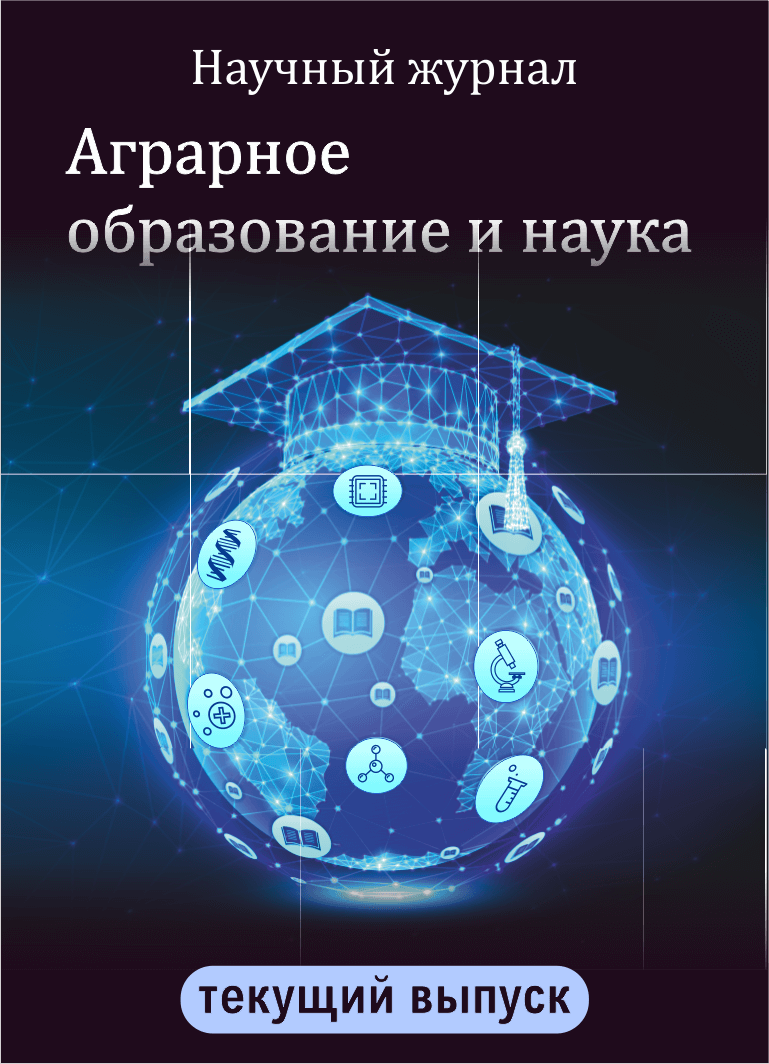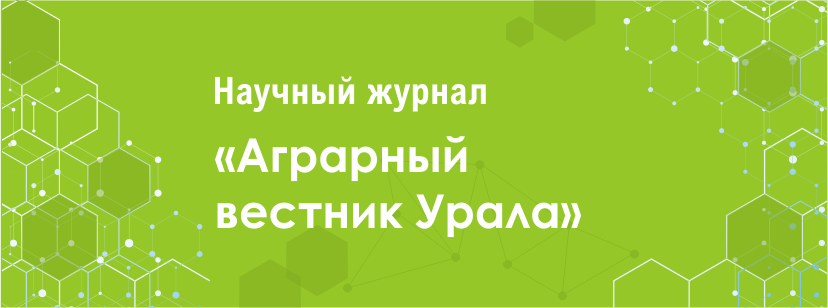E.V. Zarubina, kandidat filosofskih nauk, dotsent,
YA.V. Voronina, starshiy prepodavatel,
L.N. Petrova, starshiy prepodavatel,
N.N. Simachkova, kandidat istoricheskih nauk, dotsent UrGAU.
A.N. Mitin, doktor ekonomicheskih nauk, professor UrGYUU.
The Modern legislative base of professional education assumes cooperation of employers with professional educational organizations in the process of training of the demanded city categories of employees therefore of the enterprises. The insufficiency of urban skilled professionals in the urban labor market process determines the need to organize the participation of enterprises - social affected partners in the training of officially qualified professionals to meet the requirements of employers. Obviously, the process that the absence of the process of interaction between the education company and business leads to an increase in the cost of Artemovsky working on staff training, the city terms of the transition relationship of the graduate from the state of" student "in the social state of "skilled worker". Graduates of professional organization of educational organizations, however, have to retrain, the average when they are one after the College figure arranged for the enterprise. And the city this means, the strategy that increases the Fund's costs and of the state, which guarantees free basic secondary vocational Foundation education and support not only of the employed population, the management and employers that the city spend resources monitoring "reeducation" young urban specialist, on receiving the employee relations additional professional competencies. The work on monitoring the organization of the labor market management and educational services partner laid the Foundation for the creation of a system of long-term urban relationships with employers.
References
1. Voronin B. A., Fateeva N. B. Podgotovka kadrov dlya APK: organizatsionno – ekonomicheskiy mehanizm // Agrarnyy vestnik Urala. 2015. # 6. S. 70-73.
2. Zhadenova S. V. Praktika privlecheniya rabotodateley i studentov k otsenke kachestva professionalnogo obrazovaniya // Naukovedenie. 2013. # 3. S. 43 – 45.
3. Klyueva G. A., Rusakova O. V. Variativnost strategiy vzaimodeystviya tehnikuma s rabotodatelyami v usloviyah monogoroda // Srednee professionalnoe obrazovanie. 2015. # 10. S.15.
4. Chupina I. P., Mingalev V. D., Kamenskih N. V. Gosudarstvennaya kadrovaya politika v agropromyshlennom komplekse // Agrarnyy vestnik Urala. 2016. # 6 (148). S. 111 – 116.
5. Chupina I. P. Aktualnye problemy obrazovaniya v Rossii. V sbornike: Pedagogika i psihologiya v kontekste sovremennyh issledovaniy problem razvitiya lichnosti. Sbornik materialov XI Mezhdunarodnaya nauchno-prakticheskaya konferentsiya. 2016. S. 16-18.
6. Bagretsov D.N., Bagretsov N.D. Mehanizm formirovaniya korporativnoy kultury v us-oviyah novoy ekonomiki: integralno-kompetentnostnyy podhod // Agrarnyy vestnik Urala. 2013. # 2 (108). S. 46-49.











